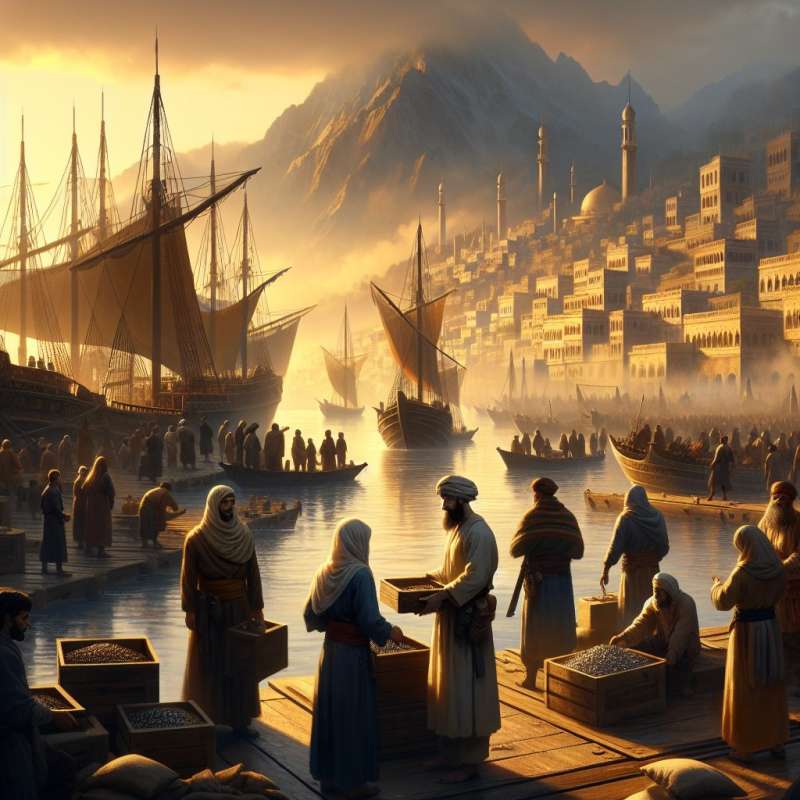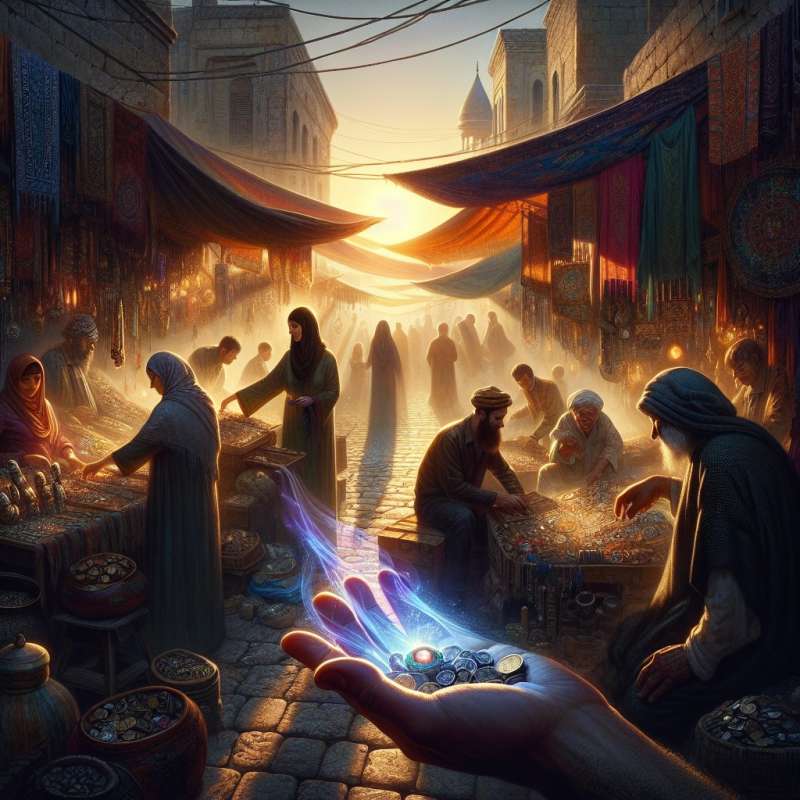
Witcher Economy Overview
The Witcher world operates on a complex economy, balancing between kingdoms, magic, and monster-hunting. Currency varies widely, with Orens, Crowns, and Florens commonly used, influenced by politics, wars, and trade.
Monster Contracts Economics
Witchers earn through contracts, negotiating prices based on danger and rarity. This monster-driven economy creates a unique occupation niche, sustaining the Witcher profession and impacting local economies.
Magic and Alchemy's Role
Alchemy and magic significantly affect the economy, from potion brewing to mystical services. Sorcerers and alchemists hold economic power, often backed by royalty, influencing market trends, and resource scarcity.
Trade and Resource Distribution
Trade routes in The Witcher are vital, with Novigrad, a major hub. Resources like Mahakaman iron dictate regional wealth. Political stability and monster threats impact trade security and resource flow.
The Banking System
Banking, pioneered by dwarves, plays a crucial role. Banks manage currency exchange and loans, crucial for trade and investment. The Vivaldi Bank in Novigrad is a prime example of financial influence.
Guilds and Their Power
Guilds wield considerable economic influence, regulating professions, setting standards, and controlling prices. The craftsmen's guilds, in particular, uphold quality and manage supply, affecting availability and market prices.
Black Market Dynamics
The black market thrives alongside the legal economy, dealing in illicit goods, such as magical artifacts. It's a response to regulation and scarcity, often overlooked but integral to understanding the full economic picture.
Primary currencies in Witcher's economy?
Orens, Crowns, and Florens
Gilders, Ducats, and Lire
Dollars, Euros, and Yen
Company